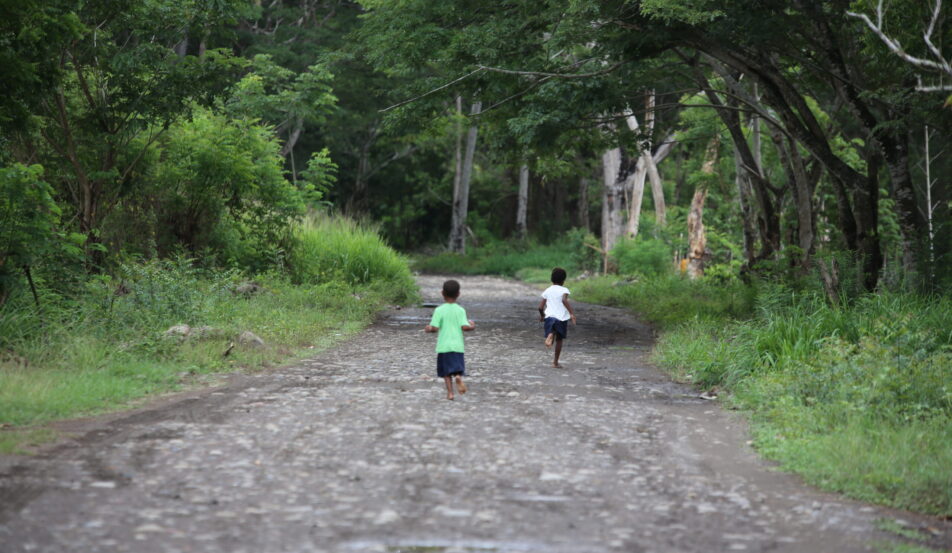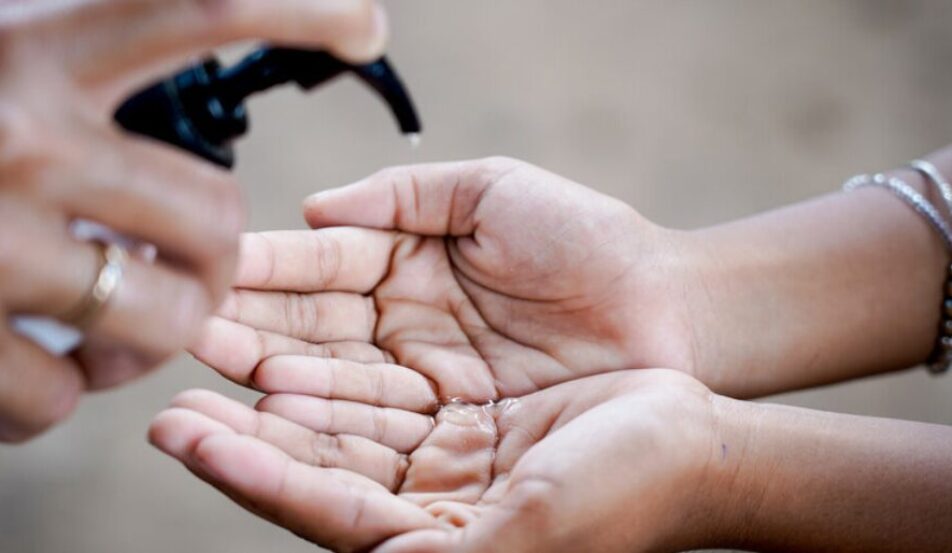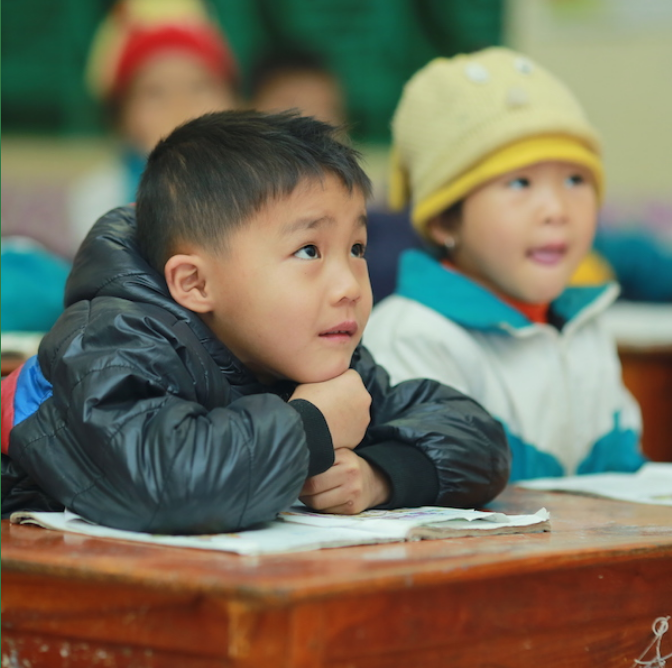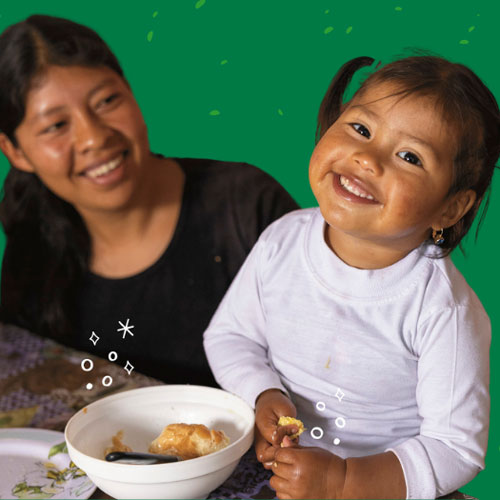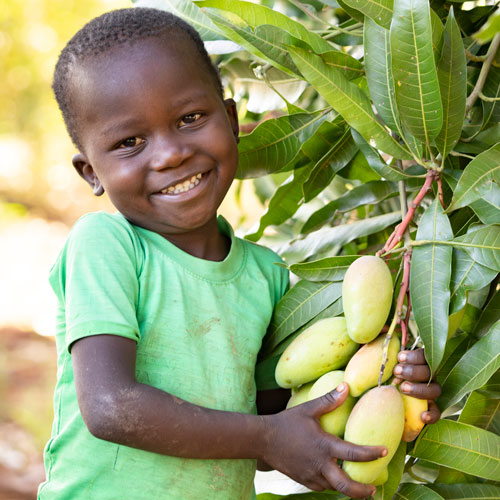First mobile birth registration unit is reaching children in remote areas of Timor-Leste
A birth certificate is an important document for a child and family. Not only does it give them proof of identity, but it also gives someone to access health services, education, employment opportunities later in life. But for parents in rural and remote areas of Timor-Leste, accessing a birth certificate for their newborn is not an easy task.
ChildFund Timor-Leste is working in partnership with the National Directorate of Civil Registry and the Ministry of Justice to issue birth certificates to children in hard-to-reach areas in Timor-Leste. This project is supported by UNICEF Timor-Leste.
After the birth of their child, parents in urban areas can apply for a birth registration certificate at their local notary office – but for those in Lautem, this is nearly impossible.
Lautem is located high in the mountains on the southeast coast – it is one of the hardest regions to reach, it takes 11 hours on a bus from the capital of Dili and the rugged and rocky landscape make the journey long and uncomfortable. When the mobile unit reached the area, they found that many children didn’t have a birth certificate.
Libernato Gomes is a village chief in the Ailebere region of Lautem. He said that “There are many challenges and difficulties to why children did not register for birth certificate. The distance to Lautem, transportation fees to go back and forth, lack of knowledge on the importance of birth certificates, and some people think that the baptism certificate from the church is much more important than birth certificate.”
ChildFund collaborated with local leaders to share information about why birth registration is important through radio campaigns, SMS messages, brochures and mobilised parents and guardians to attend information sessions in local community centres.
Libernito said that he worked closely with four sub-chiefs to explain to the community why these certificates are important and the difference between a birth certificate and baptism certificate.
“As a village chief I’m proud of that birth registration program. This is the first time we have been able to process birth certificates in Iliomar.”
They also made sure that the birth registration units could be accessed by individuals living with a disability. “There are some people with a disability who were unable to walk to register for their certificate. So, the sub-village chief went to their homes to collect the documentation and will then return with the birth certificate after it has been processed.”
One mother, Felizberta dos Santos, got a birth certificate through the mobile unit for her daughter, Fenizia and her three younger siblings. “I am happy now that I can register my children for a birth certificate without having to travel to Dili,” said Felizberta.
Birth certificates give children a strong start in life. Working with local communities and partners, children like Fenizia can access a birth certificate – giving her the opportunity to attend schools, work, access health care and be counted as part of the population.
This project is supported by the Australian Government through the Australian NGO Cooperation Program (ANCP).




